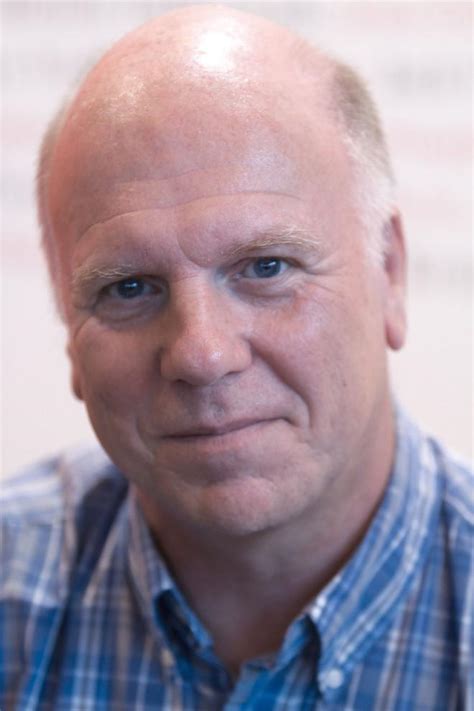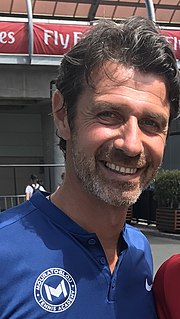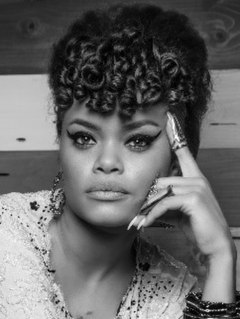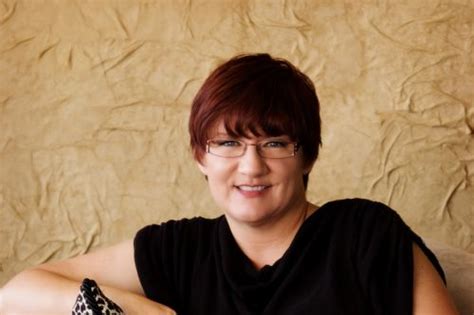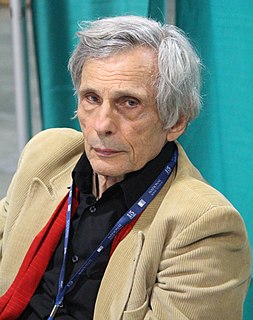A Quote by Lidia Yuknavitch
Certainly I'm participating in an already established and awesome tradition, but it's a tradition that sort of shoots up and through the mainstream in short bursts and pulses and then gets diluted. Walt Whitman and Emily Dickinson shot up and then got sucked back down underground under more entertaining and less radical versions of body and self - poetry and prose that posited bodies in more perfect union with good citizenship.
Quote Topics
Awesome
Back
Bodies
Body
Certainly
Citizenship
Diluted
Down
Emily
Entertaining
Established
Gets
Good
Good Citizen
Good Citizens
Good Citizenship
Got
Less
Mainstream
More
Participating
Perfect
Poetry
Prose
Radical
Self
Shoots
Short
Shot
Sort
Sucked
Then
Through
Tradition
Underground
Union
Up
Versions
Walt
Related Quotes
I used to write my own versions of famous tales, such as William Tell or Robin Hood, and illustrate them myself, too. When I entered my teens, I got more into horror and science fiction and wrote a lot of short stories. A literary education complicated things and for many years I wrote nothing but poetry. Then I got back to story-telling.
It's once I discover the people inside that the story really gets going, and then the formal invention becomes less important. It's just the way in; it's the door; and then what's behind it is always some kind of people, which I think probably makes me more in the tradition of realistic fiction because that's usually what I'm interested in, the people.
Italian is a very different poetic situation and there are these hard and fast rhythmic periods, settenari, ottonari of seven and eight syllables. These are fundamental to the way people speak and write and breaking them is more radical in Italian than when we break a line. I'm sure there are Italian poets who want to write poetry as prose and break these Petrarchan rules. And breaking them is fun and a valid thing to do. But I'm more interested in trying to write poetry that absorbs tradition and uses it in new ways, and doesn't throw it out.
You've got to reach towards a better language, and you're not going to make it up from scratch; you've got to reach back into the tradition. Western tradition is not as impoverished as a lot of people would like to think, but you'd have to go back before the industrial revolution; you may have to go back farther than that. Of course, the Bible has a perfectly adequate language, but it's suffered a lot of thoughtless wear.
I went through a very hairy period. I had a movie where I was going to play Walt Whitman that fell through. At the time, I had grown this huge beard and very long hair. But then, the movie got canceled, I had some other parts, and I currently have very short hair. So, when I look in the mirror, I don't know who I am exactly. It's interesting.
Without touching my subject I want to come to the moment when, through pure concentration of seeing, the composed picture becomes more made than taken. Without a descriptive caption to justify its existence, it will speak for itself - less descriptive, more creative; less informative, more suggestive - less prose, more poetry.




